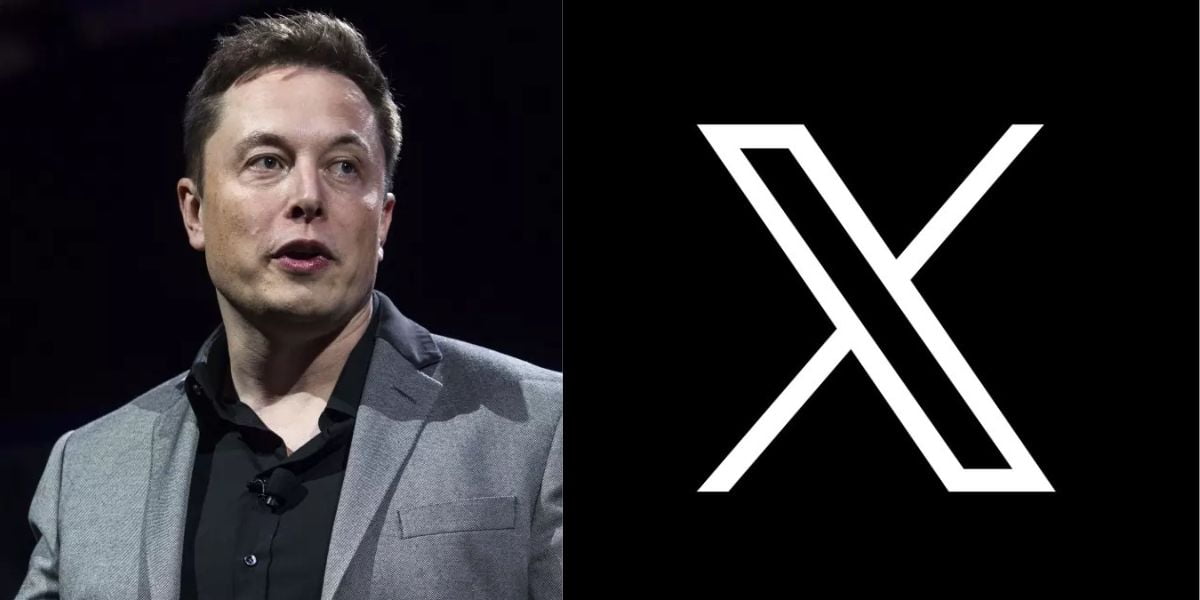
In a notable legal development, a court has ruled that Elon Musk does not owe $500 million in severance to former Twitter employees. This decision comes after significant legal scrutiny following mass layoffs at Twitter post-Musk’s acquisition.
Background
Elon Musk, after acquiring Twitter in a $44 billion deal in October 2022, initiated a drastic reduction in the company’s workforce. This move was part of a broader strategy to streamline operations amid financial strains cited by Musk. The layoffs affected about 6,000 employees, significantly downsizing the company’s workforce from over 7,500 to approximately 1,300.
Legal Challenge
The legal challenge began when Courtney McMillan, a former employee, led a class action lawsuit against Musk and Twitter. The lawsuit alleged that the severance terms promised under a 2019 agreement were not honored. According to the agreement, employees were to receive two months of base pay plus additional compensation based on their tenure, with more senior employees like McMillan entitled to six months of base pay.
However, post-acquisition, the severance payouts were reportedly reduced to just one month of base pay for some employees. This action sparked the lawsuit, which claimed that the affected employees were entitled to severance payments totaling at least $500 million.
Court’s Ruling
The court’s decision to dismiss the claim hinged on interpretations of employment contract commitments and the actual execution of Twitter’s severance policies under Musk’s management. The dismissal indicates a judicial alignment with the defense’s argument that the layoffs and subsequent severance adjustments were within legal bounds, despite the plaintiffs’ claims of breach of contract and federal law violations.
Implications
This ruling not only impacts the former Twitter employees but also sets a precedent for how severance agreements are handled in cases of corporate acquisitions and mass layoffs. It also reflects on Musk’s ongoing legal battles related to his corporate restructuring strategies.
The court’s ruling marks a significant chapter in the legal narratives surrounding high-profile tech acquisitions and the complexities of corporate commitments to employee benefits. As Twitter continues to navigate its new path under Musk’s leadership, the implications of this legal decision will likely influence future corporate and employment law proceedings in the tech industry.